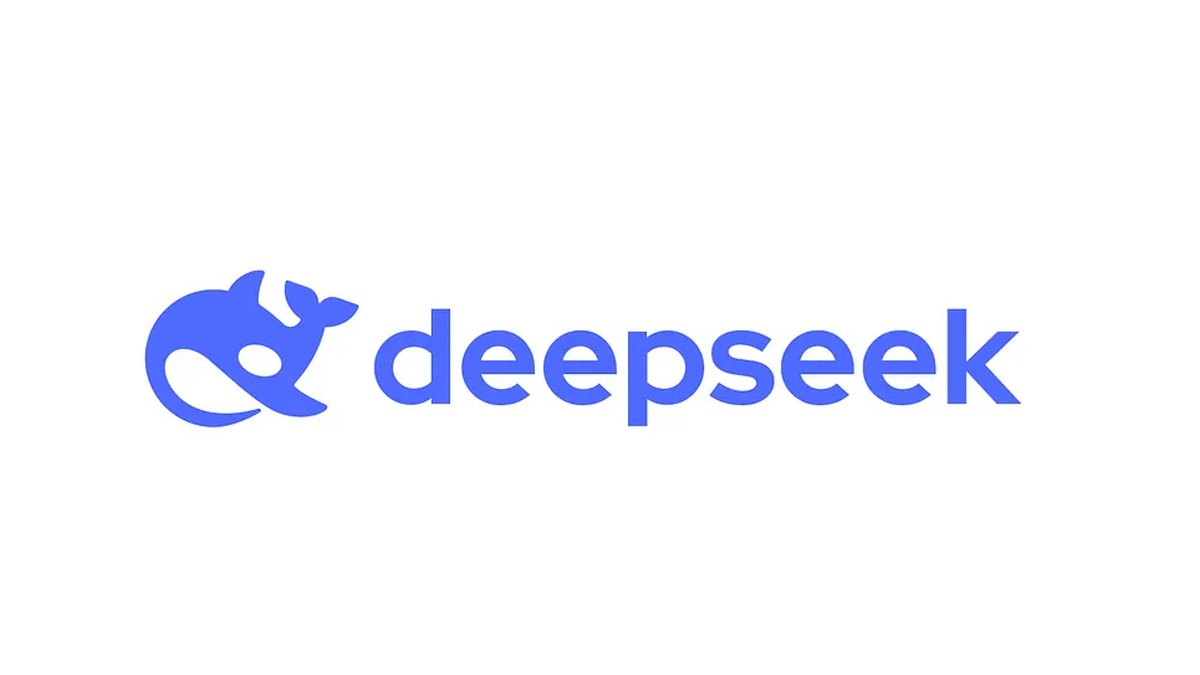DeepSeek Users Targeted by Malicious Sponsored Ads Distributing Malware

Understanding the Dangers of DeepSeek’s Popularity
Rise in Cybercrime Related to DeepSeek
The increasing interest in DeepSeek has sparked anxiety about potential privacy issues. Unfortunately, this trend is also being exploited by cybercriminals who are using it as bait to entrap unsuspecting users who search for it on Google. Research indicates these criminals are adept at creating deceptive Google search results, which often leads users to unintended and harmful websites.
The Reality of Fake Google Ads
Recent evidence shows that criminals have begun to misuse sponsored Google ads to spread their malicious content. In fact, research from Malwarebytes alerts us to the rising presence of fake ads related to DeepSeek. These ads can be quite convincing, but there are noticeable differences when contrasted with legitimate advertisements.
Example of a Fake Ad
One of the infamous fake ads can be easily spotted when compared to authentic ones. The ad appears strikingly similar to real content but lacks verification. Here’s a visual comparison to highlight this difference:
When placed side by side with a genuine DeepSeek search result, discerning the fake may seem straightforward for informed users. However, many click these ads without questioning their authenticity, unaware of the traps hidden within.

The Fake Website Experience
These criminals are not just content with misleading ads; they also create deceptive websites that look similar to the real ones. An example of such a fake DeepSeek webpage indicates their attempts to appear legitimate at first glance.

If a user mistakenly clicks the download button on these malicious sites, they may inadvertently download a Trojan virus disguised as Microsoft Intermediate Language (MSIL). Malwarebytes’ AI technology identifies this threat as Malware.AI.1323738514.
How to Protect Yourself from Deceptive Ads
Given Google’s ongoing challenges in filtering out fraudulent ads, it is crucial for users to remain vigilant when searching online. Here are some effective strategies to help avoid falling victim to these scams:
1. Refrain from Clicking Sponsored Ads
The most straightforward advice is to avoid clicking on sponsored search results altogether. This simple action can significantly reduce the risk of landing on harmful websites.
2. Verify the Advertiser
If you must click on an ad, scrutinize the advertiser’s information. By clicking the three dots next to the URL in the search result, you can check to see if the listed advertiser is indeed the legitimate brand you are seeking.
For example, one impersonator of DeepSeek had an advertiser’s name written in Hebrew, which should raise suspicion among users who expect to see recognizable branding.

3. Use an Ad Blocker
If you want to eliminate sponsored ads completely from your browsing experience, consider installing an ad blocker. This tool can help direct you straight to the organic search results, allowing for a safer and smoother online experience.
Final Note
Staying informed and cautious is vital in today’s digital world. Awareness of the presence of fake ads, like those related to DeepSeek, is essential for navigating the online landscape securely.






